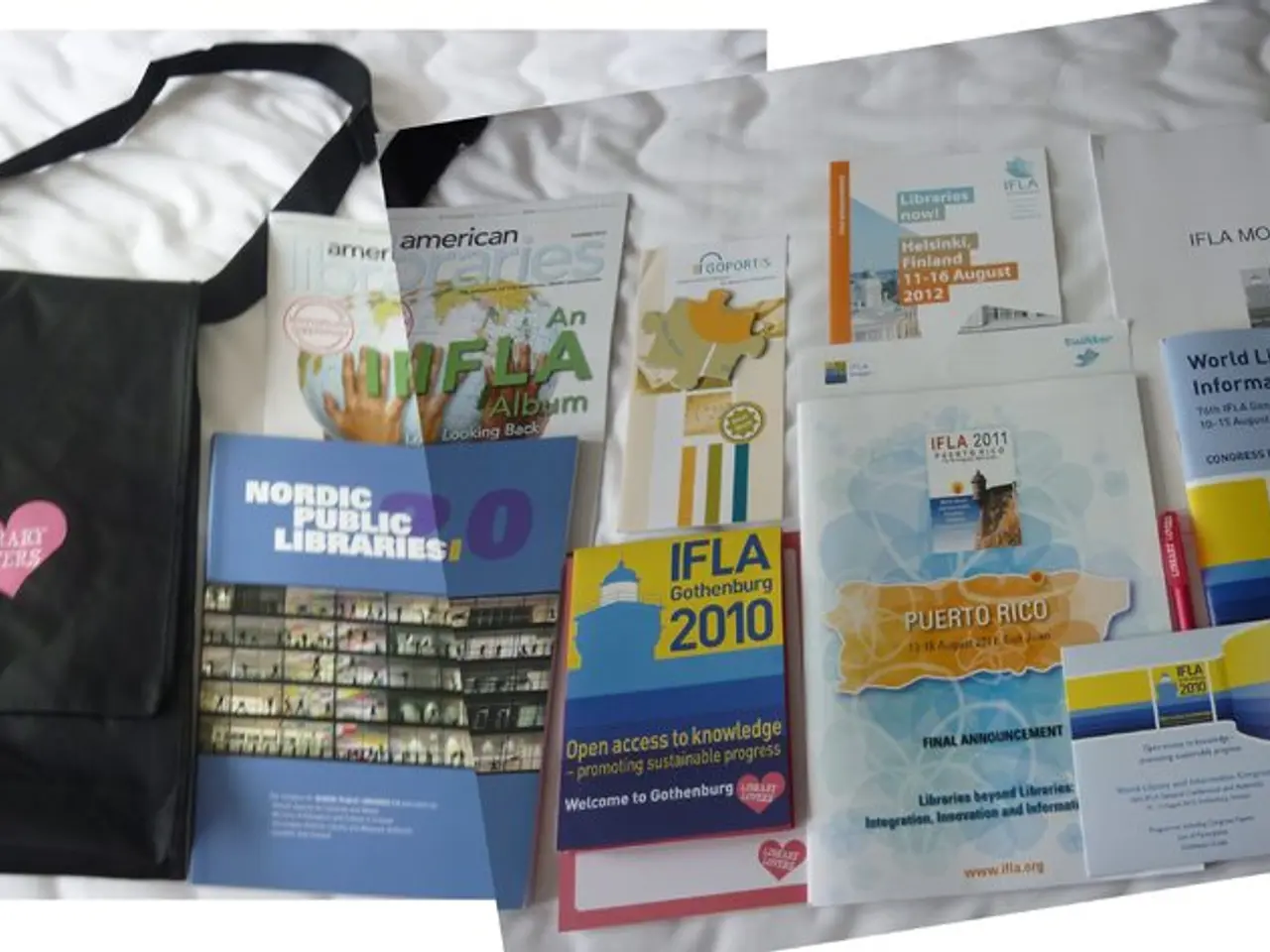Exploring the Treasures of Princeton's Rare Archives
Princeton University's Special Collections offer a wealth of opportunities for students and researchers seeking to delve into unique and historically significant materials. This article aims to provide an overview of the resources available, along with practical tips on how to access and utilise these treasures for research.
Accessing Princeton's Special Collections
For non-affiliated visitors, registering for a Special Collections researcher account and obtaining a library access card is a prerequisite to consulting physical materials beyond general library access [1]. Once registered, you can visit the reading rooms to consult original materials, take photographs of most materials while onsite, and request digitization services [3].
Physical and Digital Access
The two main places on campus where you can access these resources are Mudd Manuscript Library and the Special Collections section on C Floor of Firestone. Some Special Collections holdings, such as the Manuscripts of the Islamic World, are available online via Princeton’s Digital Library (DPUL) and can be searched and downloaded freely [5]. Digitization requests for specific items within these collections can also be made if not already available digitally [5].
Unique Research Opportunities
Princeton's Special Collections house vast stockpiles of manuscripts, rare books, coins, and other materials. One researcher was able to find unpublished Ethiopic "magic scrolls" in the Princeton collection that contained variant biblical texts of interest [6]. This demonstrates the potential for groundbreaking discoveries within these collections.
Expert Guidance
Special Collections boasts a large team of experts who can assist with research, ensuring that your exploration of these materials is both productive and rewarding [7]. From Ancient Egyptian papyri to political cartoons to the personal papers of F. Scott Fitzgerald, there is a wealth of material to explore.
A Unique Resource for Princeton Students
Princeton students are uniquely positioned to research these materials, as many of them have not been thoroughly studied [8]. The "Junior Paper (JP)" features articles on using Princeton's Special Collections, providing practical tips and advice on accessing and utilising the various resources available [4].
Further Resources
For those interested in researching in Firestone, you need to make a Research Account on the Library's website and submit a "reading room request" for materials of interest [9]. Another article titled "Guide to the Rare Books and Special Collections" offers a comprehensive overview of the resources available, while "How and Why to Use Firestone Special Collections" provides additional insights into the research potential of these resources [2, 3].
In conclusion, Princeton's Special Collections offer a unique and valuable resource for researchers. Whether you're a student seeking to delve deeper into a topic, or a scholar looking for rare and unstudied materials, these collections provide an invaluable opportunity. So, register, visit, and explore - you never know what you might find!
[1] Register for a Special Collections researcher account [2] "Guide to the Rare Books and Special Collections" [3] Special Collections Photography Policy [4] Junior Paper (JP) [5] Princeton’s Digital Library (DPUL) [6] Unpublished Ethiopic "magic scrolls" [7] Special Collections staff [8] Untapped research potential [9] Firestone Library Research Account
The "Junior Paper (JP)" is a resource within Princeton University that provides practical guidance for students on accessing and utilizing the Special Collections, offering an opportunity for education-and-self-development and learning. For those interested in online-education, some Special Collections holdings, such as the Manuscripts of the Islamic World, can be accessed online via Princeton’s Digital Library (DPUL) for free learning and research opportunities.




